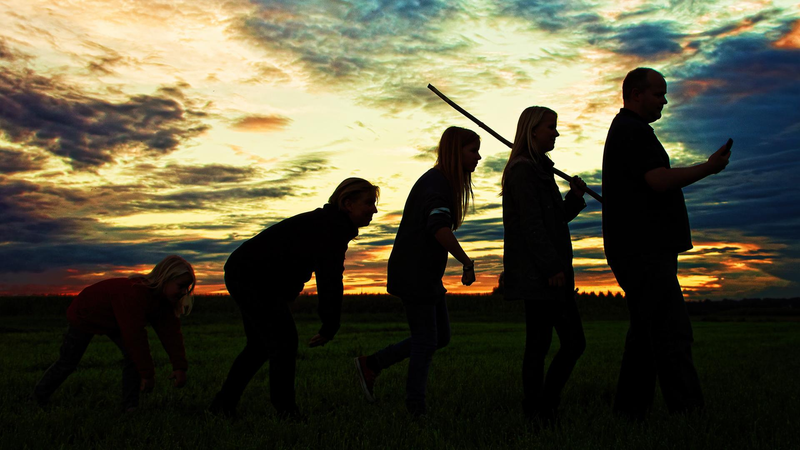
Personality and Evolution: The Benefits of Introversion and Extraversion

Both introverted and extraverted traits played a crucial role in early human societies, where survival and growth relied on different skills and qualities. Let's go back in time to see the evolutionary benefits that introversion and extraversion brought to our ancestors.
Imagine being part of a small, close-knit group in early human society. In such an environment, introverted traits were highly valuable. Introverts were observant and thoughtful, capable of noticing subtleties in their surroundings. This gave them an advantage in detecting potential threats, such as predators or hostile tribes. They could warn and protect the group from danger.
Moreover, introverts tended to engage in deep reflection and thorough information processing. They took their time to contemplate experiences and draw lessons from their interactions with nature and other people. This made them valuable sources of knowledge and wisdom, capable of passing down this knowledge to future generations, allowing the community to learn and grow.
Additionally, introverts had a good understanding of group dynamics and interpersonal relationships. They could detect and mediate conflicts, promoting social harmony. This contributed to the stability and cohesion of the community, enabling members to collaborate better and feel secure.
Extraversion
On the other hand, extraverted traits were also significant for our ancestors. Extraverted individuals were naturally sociable and energetic, leading to strong social bonds within the group. They excelled at building and maintaining relationships, which was essential for cooperation and mutual support.
Furthermore, extraverted individuals often possessed a sense of adventure and a willingness to explore new territories. They were unafraid of taking risks and seeking the unknown. This led to the discovery of new food sources, water supplies, and suitable habitats, enhancing the survival chances of the community.
Natural Selection
An intriguing aspect of the evolutionary benefits of introversion and extraversion is their close connection to the concept of natural selection, as described by Darwin. Mutations, or spontaneous changes in genetic material, play a crucial role in species' survival. They offer variation within populations and can result in new traits that are advantageous in their environment.
In the case of introversion and extraversion, mutations likely contributed to the diversity of personality traits in our ancestral communities. This enabled the community to adapt to different challenges and circumstances, thereby increasing their chances of survival.
In our modern world, both introverts and extraverts can still reap these evolutionary benefits. Introverts can harness their reflective abilities to gain profound insights and generate creative solutions. Extraverts can utilize their social skills to build strong relationships and inspire others. By embracing and understanding the strengths of both personality types, we can foster greater harmony and collaboration in our diverse societies.

About the author
- Karolien Koolhof is a coach voor introverts and gifted individuals
- Author of the book Introvert Leadership
- Contact
